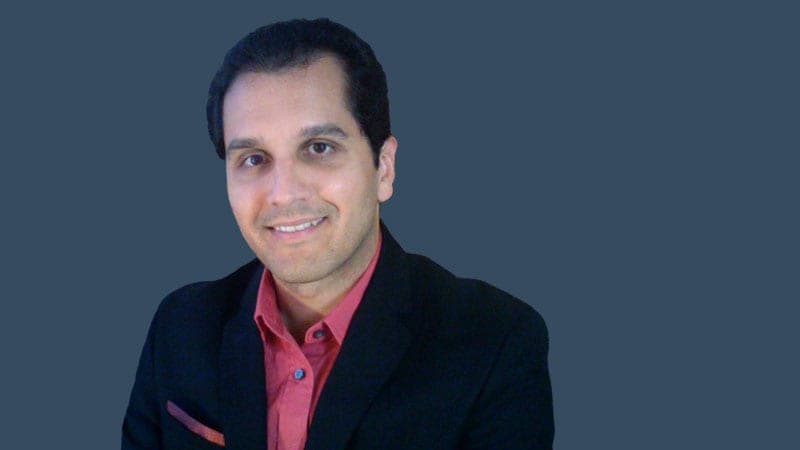Bedtime vs Daytime BP Med Dustup: TIME vs HYGIA - Medscape

There's been debate for some time about when patients should take their blood pressure medication. Most patients, driven more by habit and convenience, take their pills in the morning. And yet there is a current of thought pushing for BP meds to be given at night. This idea, termed chronotherapy, suggests that dose timing could be more important than which drug you use. The results of the TIME trial have thrown cold water on this idea, but I suspect that the debate is far from over.
There is a certain logic to the idea of nighttime administration of antihypertensives. Blood pressure normally dips at night and there is evidence that people who lack this normal nocturnal dip, often termed non-dippers, are at increased risk for cardiovascular events. Correcting persistently high overnight blood pressure makes intuitive sense. It's also conceivable that taking medications at night would lead to fewer side effects or at least fewer patient-reported side effects. Mild leg swelling from calcium channel blockers is probably less bothersome if you're already in bed. Lightheadedness or dizziness, which can also happen after patients take their medications (especially if they take multiple medications), is not going to be much of an issue if you're asleep.
But there are theoretical concerns too. Nighttime administration of antihypertensives could theoretically lead to nocturnal hypotension and falls if patients get up in the middle of the night. Falls, fractures, and the consequent medical complications are not minor issues. Faced with these conflicting paradigms, the TIME trial is particularly interesting because it suggests that the timing simply doesn't matter.
As far as null results go, the TIME trial, which randomized patients to morning vs nighttime administration of blood pressure medication, is pretty definitive. There is usually some degree of spin that goes on after a trial is presented or published. People sift through the ashes of an overall negative study and twist themselves into knots trying to find a "positive" result despite the obvious pitfalls of this approach. But the bluntly negative results of TIME, with the hazard ratios firmly anchored near 1.0, make it hard to see where we could draw benefit from nighttime administration of BP meds.
Reconciling the results of TIME with the Hygia Chronotherapy Trial was challenging for some of the commentators on the trial. But at the end of the day, the important thing to remember is that scientific results need to be replicable in order to be believed. The impressive results of Hygia, namely the large reductions in both cardiovascular and noncardiovascular mortality, were almost too good to be true, as some noted at the time. Many in the field were awaiting the results of TIME to see if it came to the same conclusion as Hygia. It did not.
There were no benefits in terms of the reduction in clinical endpoints, and the differences in blood pressure between the two groups was tiny. A 2011 Cochrane review also found a statistically significant but clinically small and probably meaningless difference in blood pressure readings between daytime and nighttime administration of BP meds. Anyone looking to TIME to validate the results of Hygia has to be disappointed.
We are going to have to come to some sort of consensus about the idea of chronotherapy. Either switching morning meds to the evening conveys a benefit and reduces cardiovascular events, or the timing of medication (in the current era of meds with long half-lives) is irrelevant for most patients.
We now have the results of TIME to weigh against Hygia. Perhaps some will want to wait for the results of the BedMed trial (expected at the end of 2023) to make up their minds. But at the end of the day, trials whose results can't be replicated have to be seen as outliers rather than as groundbreaking. As Carl Sagan used to say, extraordinary claims require extraordinary evidence.
Follow theheart.org | Medscape Cardiology on Twitter
Follow Medscape on Facebook, Twitter, Instagram, and YouTube
About Dr Christopher Labos
Christopher Labos is a cardiologist with a degree in epidemiology. He spends most of his time doing things that he doesn't get paid for, like research, teaching, and podcasting. Occasionally he finds time to practice cardiology to pay the rent. He realizes that half of his research findings will be disproved in 5 years; he just doesn't know which half. He is a regular contributor to the Montreal Gazette, CJAD radio, and CTV television in Montreal and is host of the award-winning podcast The Body of Evidence.

Comments
Post a Comment